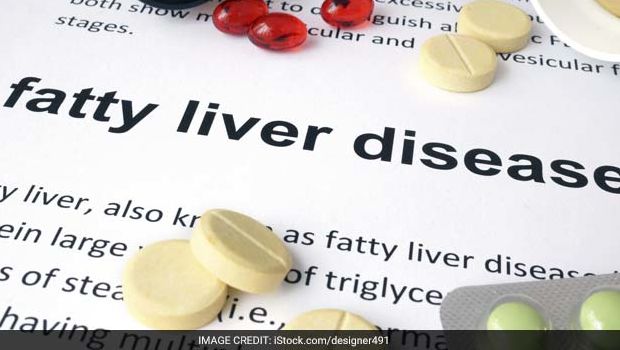Zinc is an important mineral required by the body for performing a number of functions. Zinc is not naturally produced by the body and has to be consumed with our daily diets. From decreasing inflammation and age-related diseases to boosting immunity and improving skin quality, zinc is an essential mineral, which can help boost overall health. This is why zinc supplements are a part of people's daily diets around the world. A new research study by scientists at Indian Institute of Technology Mandi along with Council of Scientific & Industrial Research (CSIR) -Indian Institute of Toxicology Research (CSIR-IITR), Lucknow, has indicated that zinc oxide supplements may be beneficial against Non-Alcoholic Fatty Liver Disease (NAFLD).
Check out Department of Science And Technology's tweet on the novel research by IIT Mandi:
#Indian#researchers found that the presence of #Zinc#oxide#nanoparticles prevented accumulation of #fat in the #liver.@Ashutos61@ICMRDELHI@iit__mandi@CSIR_IITRhttps://t.co/WLG8AXIP0B— DSTIndia (@IndiaDST) May 1, 2019
The team has established that nanoparticles or salts of zinc oxide can help prevent accumulation of fat in the liver and can even induce peripheral insulin sensitivity. The researchers treated human hepatocellular carcinoma cells to nanoparticles of zinc oxide and then looked at the lipid accumulation in these cells, as compared to the untreated cells. They also fed mice with a fat-rich diet and then tested the effects of these nanoparticles on their bodies through monitoring of cell signaling, gene expressions, as well as levels of cellular energy. The researchers also tested glucose tolerance in mice to assess insulin function and compared them with mice that were fed normal diet, as well as the mice that were fed a fatty diet, but not treated with nanoparticles.
Insulin resistance, or the inability of body cells to respond to insulin normally, is one of the markers of fatty liver disease or NAFLD. Insulin is the hormone that regulates levels of blood sugar and resistance leads to persistently high levels of blood sugar. It was observed that in cell tests, the presence of zinc oxide prevented accumulation of fat, while in mice models, the zinc oxide inhibited cellular factors that enhance storage of fat in liver cells of the mice that had been fed a fat-rich diet. The study's observations may prove beneficial in devising strategies to improve insulin sensitivity and to prevent liver steatosis or retention of lipids in liver cells. The study has not been published in a peer reviewed journal till now.
(This content including advice provides generic information only. It is in no way a substitute for qualified medical opinion. Always consult a specialist or your own doctor for more information. NDTV does not claim responsibility for this information.)








